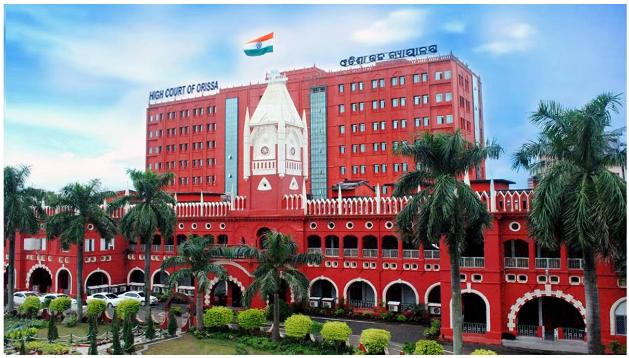Context:
The Orissa High Court (HC) held in a recent judgement that abusing someone with the name of their caste or uttering the caste name suddenly during an exchange, by itself, will not be sufficient to establish an offence under the Scheduled Castes (SCs) and the Scheduled Tribes (STs) Prevention of Atrocities (PoA) Act.

Image Source: The Print
Observations of the Court:
- The court thus noted that it would be too much of a stretch and “unjustified” to assume that the accused persons had used the slur with the intention to humiliate the victim in question because of his SC identity.
- Justice Pattanaik, ruling thus, also cited the precedent set by the Supreme Court of India in the Hitesh Verma vs State of Uttarakhand and another, where it was held that intent to humiliate someone because of their caste was a prerequisite for bringing charges under the relevant sections of the SC/ST Act.
Constitutional Provisions:
- Article 17 of the constitution abolished the practice of untouchability.
- In line with the constitutional provisions under article 17 and Articles 14, 15 , the Untouchability (Offenses) Act, 1955 was passed in parliament. In 1976, the act was renamed as protection of the civil rights act.
- But due to the ineffectiveness of previous acts, ‘Scheduled Caste and Scheduled Tribe (Prevention of Atrocities) Act, 1989’ was enacted.
SC/ST Act, 1989:
- Objective: To protect the marginalised communities against discrimination and atrocities.
- Offences: The Act lists various offences relating to various patterns or behaviours inflicting criminal offences and breaking the self-respect and esteem of the scheduled castes and tribes community, which includes denial of economic, democratic, and social rights, discrimination, exploitation, and abuse of the legal process.
- Under section 18 of the act, provision for anticipatory bail is not available to the offenders.
- Punishment: Any public servant, who deliberately neglects his duties under this act, is liable to punishment with imprisonment for up to 6 months.
SC/ST Prevention of Atrocities (Amendment) Act, 2015
- Scheduled Castes and the Scheduled Tribes (Prevention of Atrocities) Amendment Act, 2015 was introduced to make the act more stringent with the following provisions:
-
- Recognition of Atrocities: It recognized more instances of “atrocities” as crimes against SCs and STs.
- Setting up of Courts: It provided for the establishment of exclusive special courts and special public prosecutors to try offences under the PoA Act.
- Wilful negligence:The Act defined the term ‘wilful negligence’ in the context of public servants at all levels, starting from the registration of the complaint to dereliction of duty under this Act.
- New offences of atrocities are added:
-
- Tonsuring of the head, moustache, or similar acts which are derogatory to the dignity of members.
- Garlanding with chappals or shoes.
- Denying access to irrigation facilities or forest rights.
- Dispose or carry human or animal carcasses, or to dig graves.
- Using or permitting manual scavenging.
- Dedicating a woman as Devadasi.
- Abusing in caste name.
- Perpetrating witchcraft atrocities.
- Imposing social or economic boycott.
- Preventing SC and ST candidates from the filing of nomination to contest elections.
- Hurting an SC/ST woman by removing her from her house, village or residence.
- Defiling objects sacred to members of SC/ST.
- Touching or using words, acts or gestures of a sexual nature against members.
News Source: The Hindu
![]() 10 Mar 2023
10 Mar 2023

